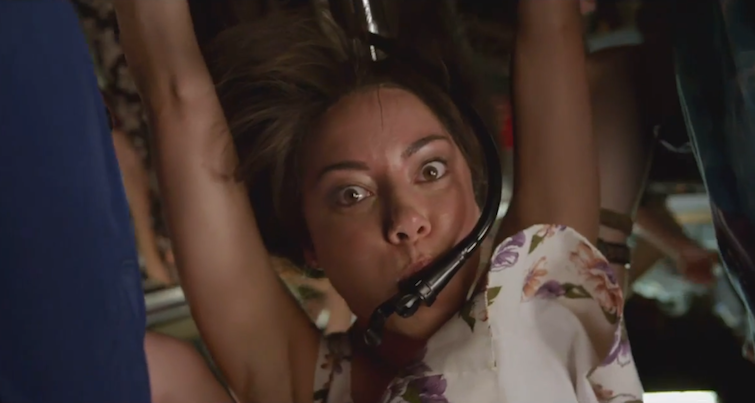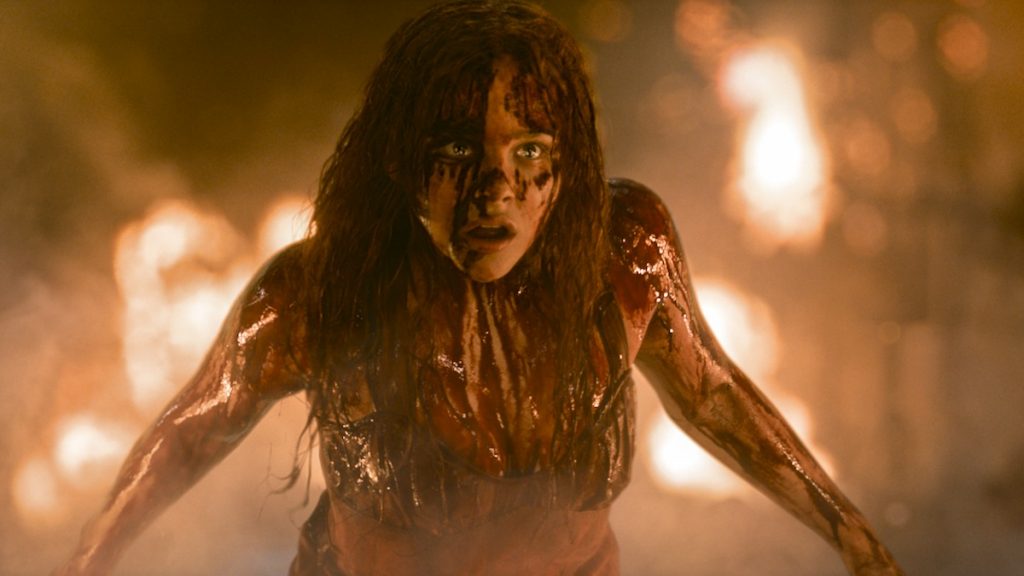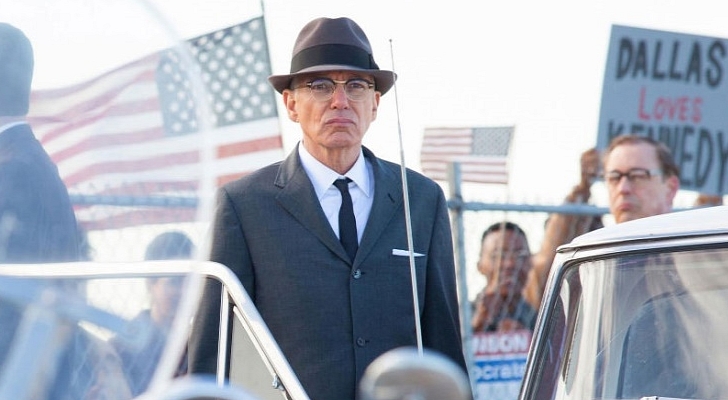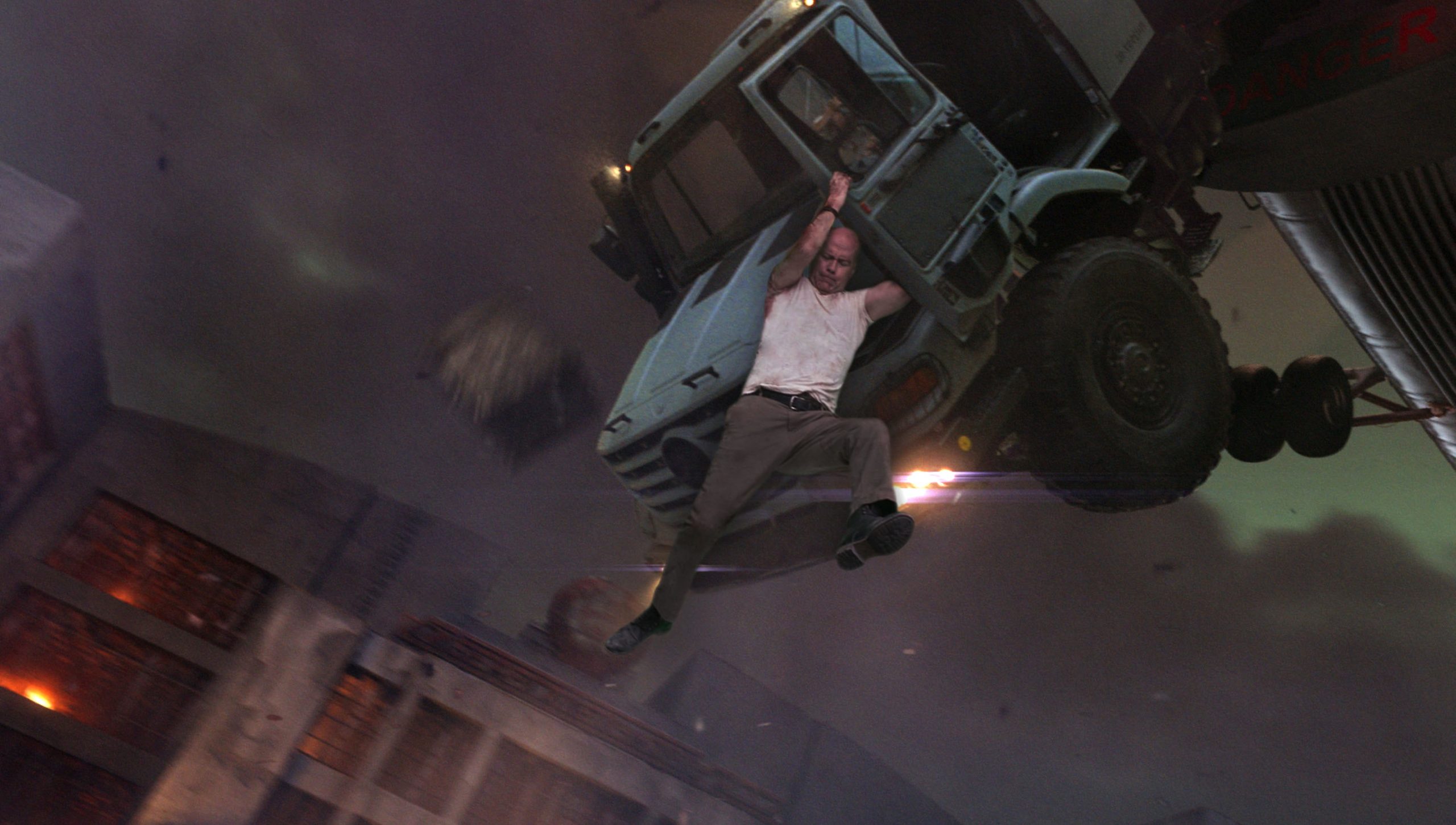I can’t admit to having enmity with sequels or remakes as a rule—in fact sometimes they’re a great laugh. I giggled straight through 2011’s comedy Straw Dogs, and cried through half of Toy Story 3. In fairness, there’s nothing for these derivative story installments to be ashamed of; heck, if you like John McClane once, why wouldn’t you like him six more times? We all lose the forest for the trees sometimes, and filmmakers are human, too. That said, we reserve a special kind of upset for campaign promises—we hang our hopes on them and feel betrayed by men who trade them for favors. Movies aren’t politics, but the following movies stoke my ire because they imply a promise they don’t rise to meet, a promise that meant something to me before I entered the theater.
1. The To Do List
Consider the potential of Porky’s from a girl’s perspective. Teen sex comedies objectify girls only slightly less than pornography; reversing this paradigm could be mind blowing! Instead of turning soil on that minefield we got a film that turned a path of sexual discovery into a heartless cause to check boxes. I know The To Do List was a directorial debut and it’s a lot to expect a first timer to take on added risk, but writer/director Maggie Carey (and wife of Bill Hader) opted to remove the emotional baggage from sex to (presumably) put her comedy on equal footing with its male equivalencies. She didn’t seem to realize doing so would undermine the value of her premise and make the film useless to the audience who could benefit. Our most generic parts alter the nature of our experiences; pretending otherwise is bunko on the level of bent religious propaganda. The To Do List is to sex comedies what The Help was to race dramas. When people don’t realize the power they wield everyone loses.
2. Carrie
Brian De Palma’s Carrie, like the book by Stephen King, is an expression of male fear for the female other, a kind of aggressive alienation wound into reels. It announces itself this way: No teenage girl on earth has a concept of her body as an object to “plug up.” Theoretically, a woman behind the helm could have cracked that open, pushed aside “difference” and inserted something more dangerous like self-awareness or knowing mystery. Kimberly Peirce’s debut Boys Don’t Cry was a real-life horror about sexual difference and an almost-auteurist cri de coeur. Naturally, assigning her to remake the seventies classic and arguably THE treatise on “the aberrant female,” looks like a studio promise to provoke female film scholarship for the next decade. It was wrong to hang hopes on gender—I’m looking up “reverse sexist” to see if that’s what I am.
3. Austenland
Jerusha Hess (of Napoleon Dynamite heritage) pitched a uniquely naïve directorial debut with a comedy of romantic expectation called Austenland. The films imagines the marketable love of Mr. Darcy rolled into a theme park which women (namely Jane, played by Keri Russell) would hand over their savings to enter. A woman so determined might map that park with a rollercoaster of climaxes—wouldn’t it make sense? Austenland is the feminine equivalent to Sucker Punch. Instead, Jane spends most of the time in dialogues about living according to script or taking charge of your self-invention. These are worthy themes but we need more from a film about/for the ferocious microclimate for which we produce endless adaptations of Pride and Prejudice.
4. Parkland
Now that confidential files about JFK’s assassination have been released, we’ll see more films about it—some advertising their “celebration of the 50th anniversary” of the presidency and others, like this bit of CSI-grade piffle, trying to cram God into the details. Any film that casts Mark Duplass as a secret service agent broadcasts itself as counterfeit, and the overreaching cast implies the bigger mystery of the murder could be solved if we just widened the lens—maybe that’s true for someone else’s lens, but not for writer/director Peter Landesman. Last year’s Lincoln had a wealth of leeway to be political because it’s history was old enough to function as theory, but the people related to JFK still live and work and transforming that history into drama feels gross—forcing lessons on it, even grosser.
5. A Good Day to Die Hard
The Die Hard franchise has grown weaker with every new addition, but no one expected the final stage of atrophy to look like a foreign soap opera. Produced for export and favoring the Russian box office, A Good Day to Die Hard hit its cues like a trained dog and degraded the McClane bloodline with every Yippee Kay Yay. You can’t be a cowboy forever, but couldn’t this particular cowboy exit with some dignity? Die Hardest (the “final” Die Hard set for 2015 release) promises to return McClane to 1988, but that’s more an admission of regret than a promise of quality. Casting of Joseph Gordon Levitt as young Willis (again) is still unconfirmed.
For the complete list of year-end lists on Keyframe, go to The Year in Film: 2013.
For the complete index of the films on these lists, go to 2013 Year in Review: Indexed.









